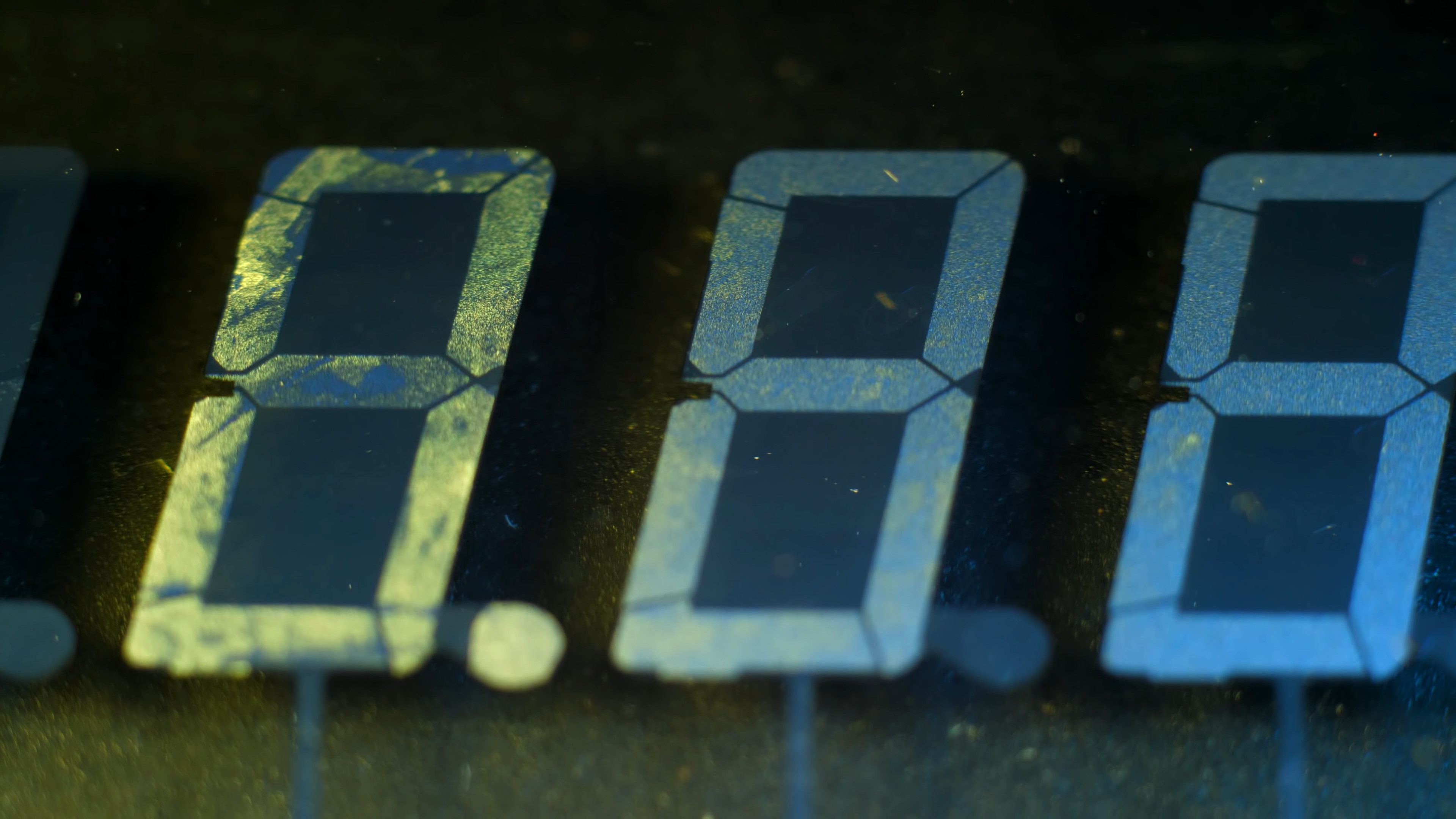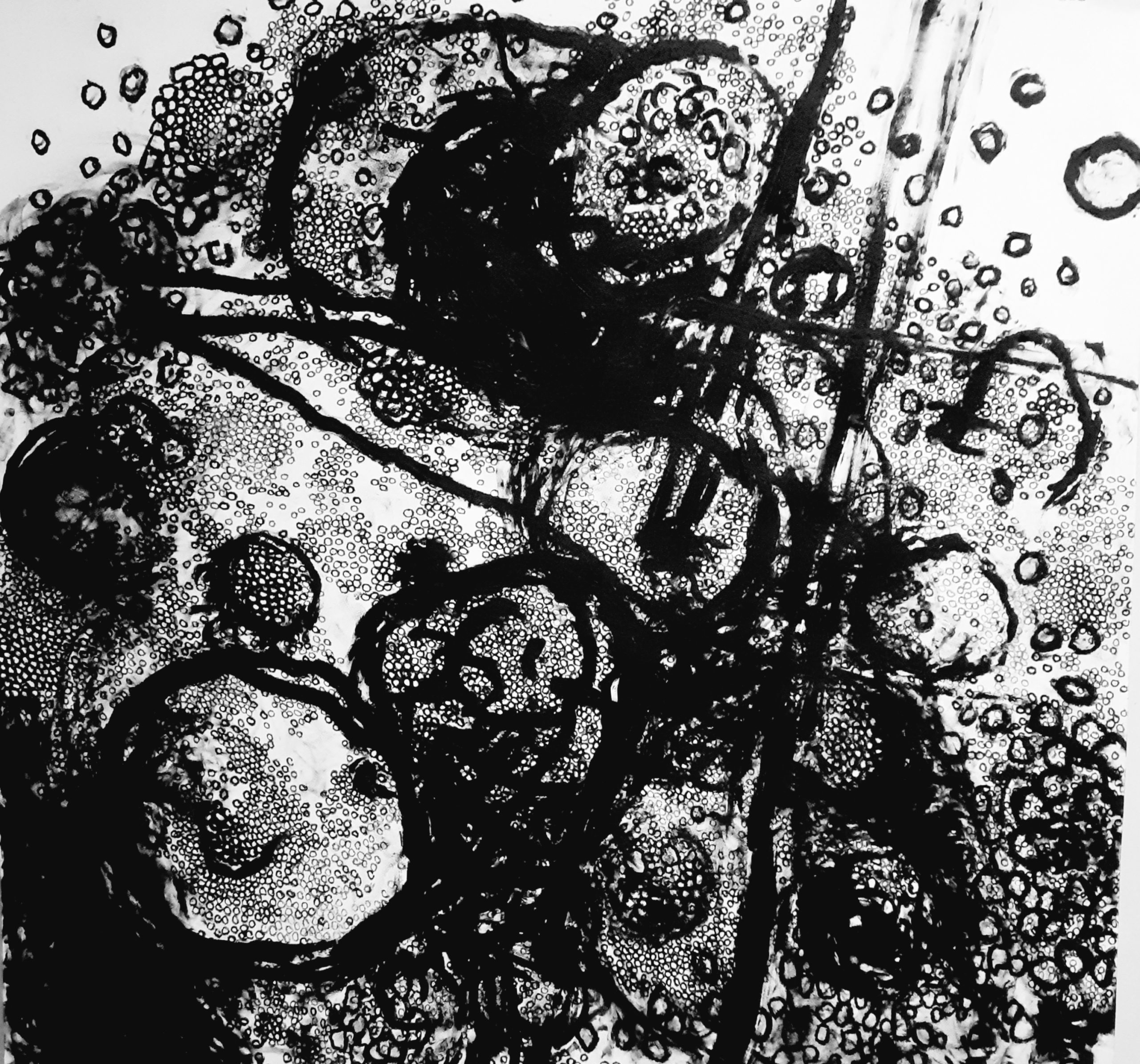Category: Bookmarks
Collections of videos, articles, pictures, websites and other fun and crazy stuff I find online.
-
Surprise, surprise on the stage
The other day I went to this music venue here in Dortmund with Fernanda expecting to watch a Mastodon concert, no big deal. Like, Mastodon was fucking great and all, no surprises there, but what we ALSO got was an excellent, entertaining as fuck performance by opening band De Staat.
Written by

-
The inconspicuous beauty of liquid-crystal displays
The world around us is rather spectacular. It’s filled with things that may look ordinary for the naked eye but at close inspection can reveal an entirely new dimension.
Written by

-
The Instagrammeuphoria
From this Vox article: Instagram has a way of flattening lived experiences so that my best years look exactly like my bad ones, and that everything seems pretty good, all the time, for everyone. This, obviously, is not how life works for most people, and ever since Instagram has existed experts have debated what seeing an infinite…
Written by
